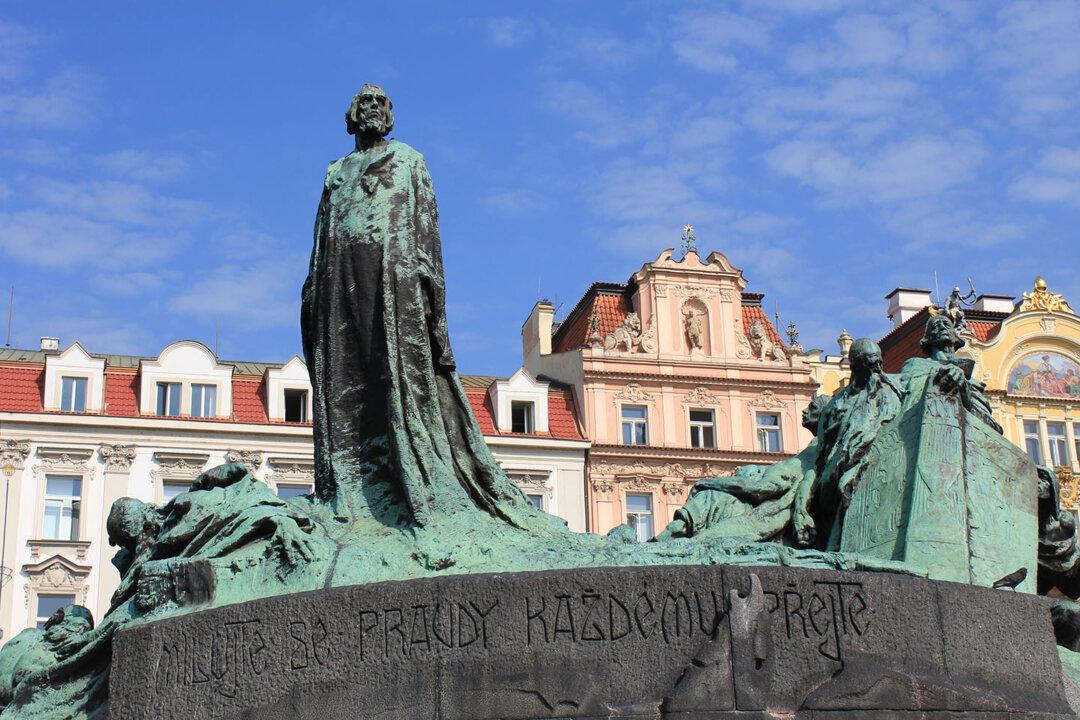The last hundred years have brought humanity the bitter fruits of totalitarian regimes. Soviet Russia, Nazi Germany, Communist China, Cambodia, Cuba, and so many other places have served—and some still serve—as the killing grounds of raw ideology. Dachau, Auschwitz, and the Gulag are names known to most of us, but for every one of these death camps are a thousand more, many known only to the executed and their executioners.
These same regimes murdered not only the flesh but also the souls of those they controlled. They degraded aspiration and human kindness. They replaced love of God, custom, and culture with utter subservience to the state and its warped dogmas. In many instances, for example, ordinary people became spies, reporting neighbors and even family members to the state for what they regarded as treachery or a lack of loyalty.






